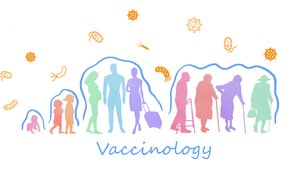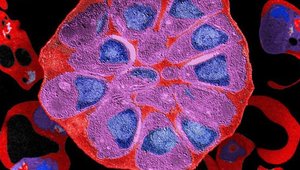Chetan Chitnis
Chetan CHITNIS received his Ph.

D. in Biophysics from the University of California, Berkeley in 1990 and conducted post-doctoral research on malaria at the National Institutes of Health, Bethesda from 1990 to 1995. He returned to India in 1995 to work at the International Centre for Genetic Engineering and Biotechnology (ICGEB) where he established a highly successful group working on basic and translational research on malaria. In 2014, he joined the Institut Pasteur, Paris as Professor in the Department of Parasites and Insect Vectors where he currently heads the Malaria Parasite Biology and Vaccines Unit. His research unit studies the molecular mechanisms that enable malaria parasites to invade host erythrocytes and uses this information to develop vaccines and identify novel drug targets.
Chetan Chitnis a obtenu son doctorat de Biophysique de l’Université de Berkeley en 1990 et a travaillé sur le paludisme lors de son post-doctorat aux National Institutes of Health à Bethesda, de 1990 à 1995. Il retourne en Inde en 1995 pour travailler au Centre international de génie génétique et de biotechnologie (International Centre for Genetic Engineering and Biotechnology - ICGEB), où il établit un groupe de recherche fondamentale et translationnelle sur le paludisme, couronné de succès. Il rejoint en 2014 l’Institut Pasteur en tant que Professeur au sein du Département Parasites et Insectes vecteurs, où il dirige l’unité Biologie du plasmodium et Vaccins. Son unité étudie les mécanismes moléculaires qui permettent aux parasites du paludisme d’envahir les érythrocytes hôtes et utilise ces informations pour développer des vaccins et identifier de nouvelles cibles thérapeutiques.
Cours
 CatégorieCertifiant
CatégorieCertifiant CatégorieCertifiant
CatégorieCertifiant


